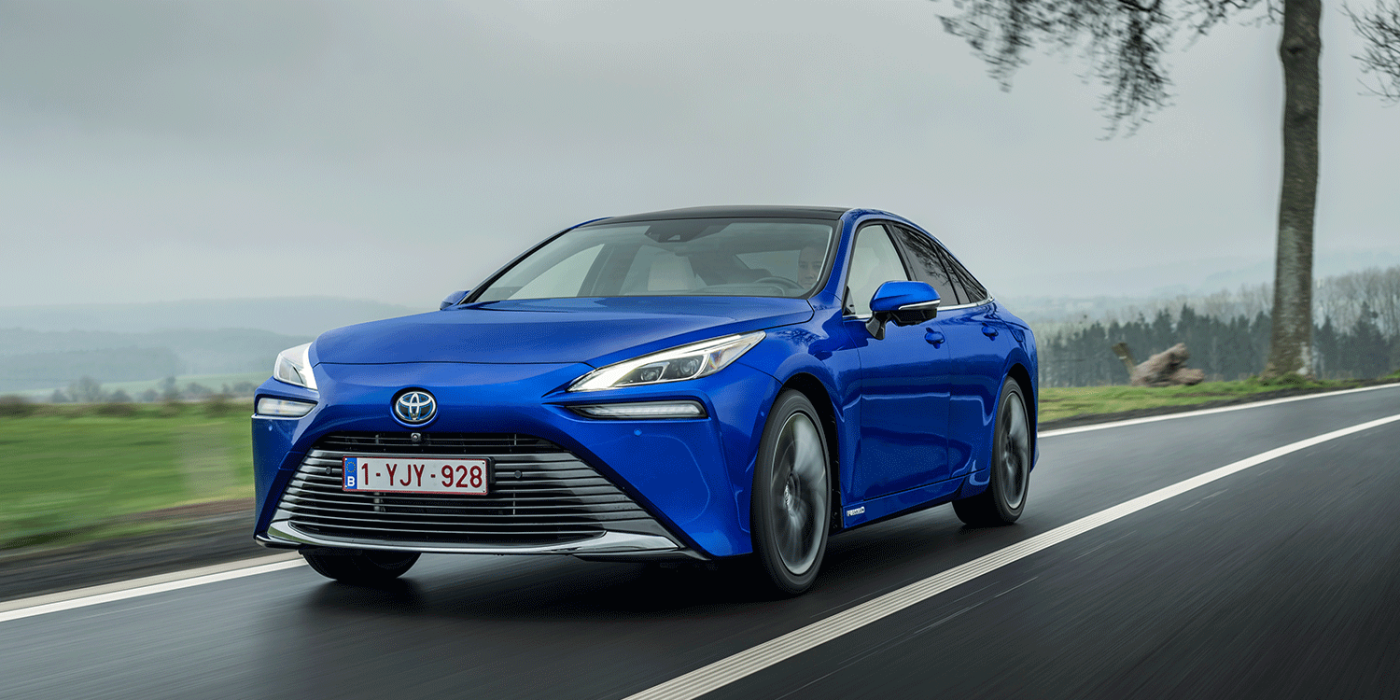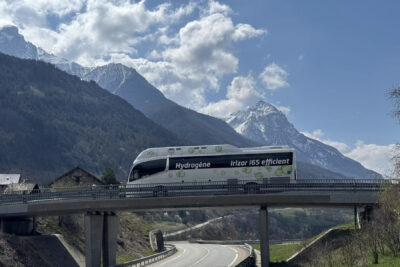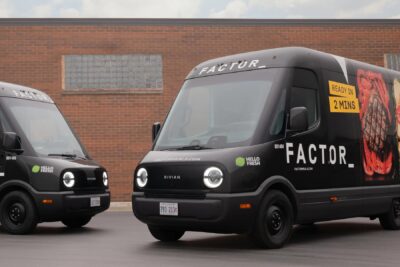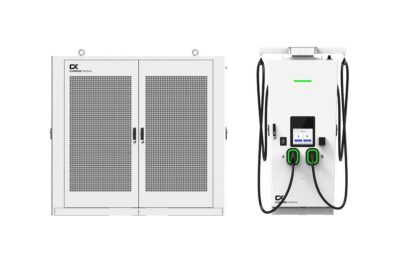Toyota opts for massive hydrogen car rebates in the US
This was reported by the portal CarsDirect, citing a communication that Toyota is said to have sent to dealers in the middle of the month. The regular list price of the Mirai in California – the only state in the USA where the Mirai is available – is 67,095 dollars. The aforementioned 40,000 dollar discount therefore accounts for 60 per cent of the total price and results in a discounted price of just 27,095 dollars. Toyota has also been offering zero-percent financing and a hydrogen fuel card worth 15,000 dollars for the Mirai for some time.
The fact is that in the USA, hydrogen cars are and will remain a small niche segment. Two car models are sold there, but both are available only in California due to the lack of infrastructure. In 2023, a total of 2,737 Toyota Mirai and 241 Hyundai Nexo were sold in the state. In total, 2,968 H2 cars were sold in the USA in 2023. Although this is ten per cent more than in 2022, the BEV market in the USA grew by 48 per cent to around 1.1 million units sold in 2023.
Even if both models are a little outdated – given the rapid development of electrically powered cars – the low sales figures are not only due to the vehicles themselves, but also to the infrastructure. Current figures from H2stations.org show that there are just under 100 H2 filling stations in the whole of North America, mostly in California. However, there are reports from the USA that several of these filling stations were “out of service due to technical problems or fuel shortages”, as InsideEVs reported in December. Furthermore, in mid-February, Shell announced that it would permanently close all of its seven hydrogen filling stations for cars in California. The reasons cited include “supply complications and other external market factors.”
In the passenger car sector, this sometimes means long detours for refueling if you can’t get past one of the stations on regular routes. Not a problem for trucks with predictable and repetitive routes, but more of a problem for (private) cars.
The US figures from the Hydrogen Fuel Cell Partnership recently revealed that FCEV sales slumped in the fourth quarter of 2023 in particular – without the 72% decline compared to Q4 2022, there might have been a new record year. In California, however, hydrogen prices have recently risen enormously, in some cases to as much as 36 dollars per kilogram at filling stations. This has rapidly dampened consumer interest – Toyota saw a drop of 80 per cent to just 133 Mirai in the fourth quarter.
In Japan, sales of hydrogen cars have reportedly fallen by 83 per cent over the past two years – to just 422 units in 2023.





1 Comment